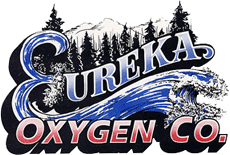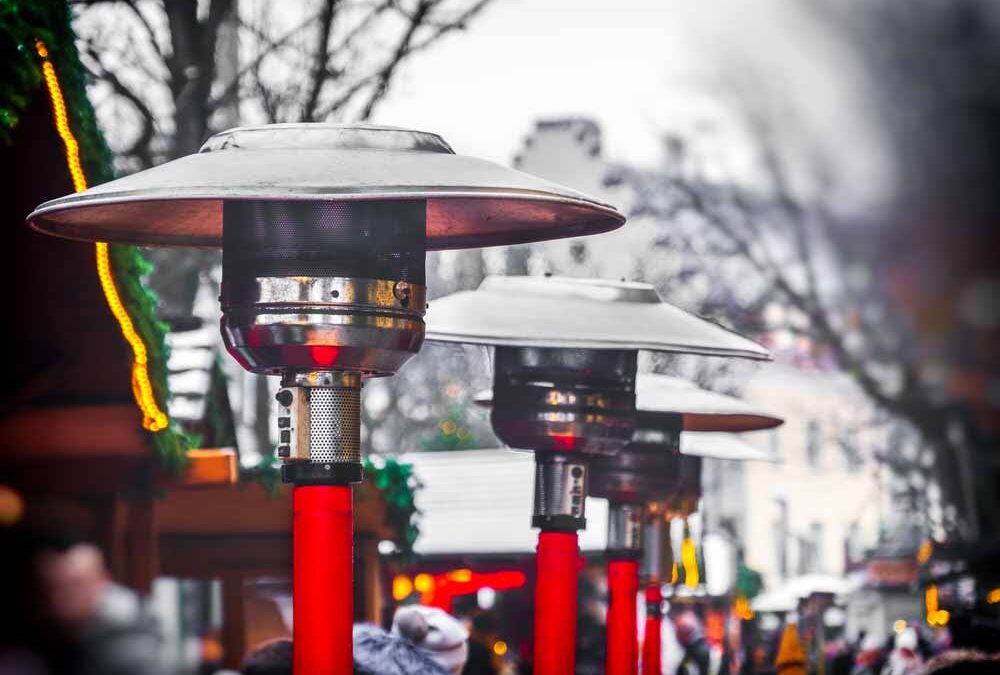Propane and isobutane are categorized under the liquefied petroleum (LPG) group of gases along with butane and mixes of them. While these gases happen to share a lot of similarities including their various applications, each of them does possess a unique set of properties that distinguish them from the other. One of the most common applications propane and isobutane share is they are popularly used for heating purposes, both in the outdoors and indoors. But which of them is actually more suited for this particular utilization? Let’s read on to find out.
Propane vs. isobutane – Which is the best for heating?
When it comes to the question of which of these liquefied petroleum gases is better than the other for heating, it isn’t a question of which solution is better. Rather, it is which is more suitable under specific conditions. Propane is a flammable hydrocarbon gas that undergoes liquefaction via a process known as pressurization. Propane has many common applications including as a fuel. This gas has a sea-level boiling point of -44oF or -42oC and we will see why this is an important factor later on. Isobutane is also a flammable hydrocarbon gas that is like propane, pressurized to achieve its liquefied state. Essentially, isobutane is an isomer of butane and shares the same chemical formula as the latter, but has a markedly different structure. This means it exhibits a number of different characteristics when compared to butane. Besides heating, isobutane is also commonly utilized as a refrigerant and propellant. Isobutane possesses a sea-level boiling point of 11oF or -12oC.
Propane vs. isobutane – Heating efficiency
As it was earlier noted, the exact heating efficiency of these liquefied petroleum gases mainly depends on the exact weather and climatic conditions in which they are used. First of all, because it possesses a much lower boiling point than isobutane, propane may be said to be the best solution for use in cold temperatures, particularly for outdoor utilization during the height of the winter season. Alternatively, using isobutane in such cold conditions can prove to be extremely difficult.
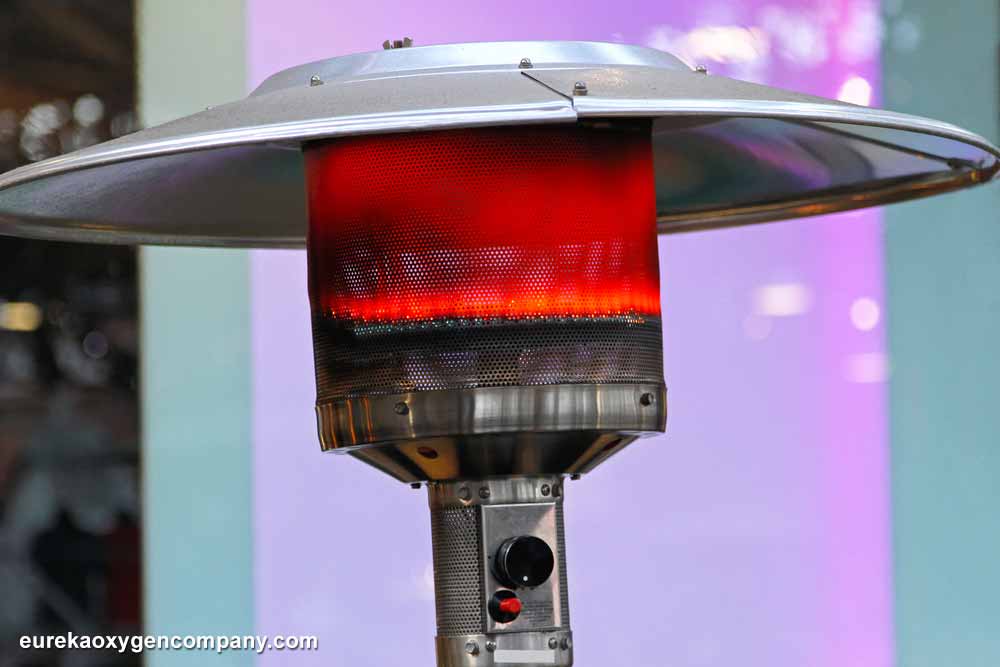
This is especially the case at temperatures beneath 20oF or -6.5oC. Below this temperature, isobutane gas can’t ignite as it will fail to vaporize (transit into a gaseous form). In the matter of weight, propane is slightly better than isobutane in terms of energy content/weight. Because of this dissimilarity in gravity (volume/weight), propane can deliver almost 90% of isobutane’s energy. In other words, this actually implies that the former tend to burn much longer than the latter. Therefore, propane has a better heating efficiency upon comparison with isobutane.
Propane vs. isobutane – Cost
Propane is more affordable to buy upon comparison with isobutane. This is simply because it is to be had in big containers and is a cheaper pound solution than not only isobutane but most other pressurized gases.
Types of propane and isobutane heaters on the market
Generally speaking, there are 3 different sorts of indoor LPG heaters currently available. First, there are flued LPG gas heaters, which are basically built-in heaters that are installed in residential structures. Flued heaters happen to deliver a variety of benefits when compared to the unflued and ducted LPG heaters. This includes being much safer to use than the latter, and a better heating capacity. Flued heaters are also safer to utilize in smaller rooms and provide a better air quality which means they are suitable for those who suffer allergies or asthma.
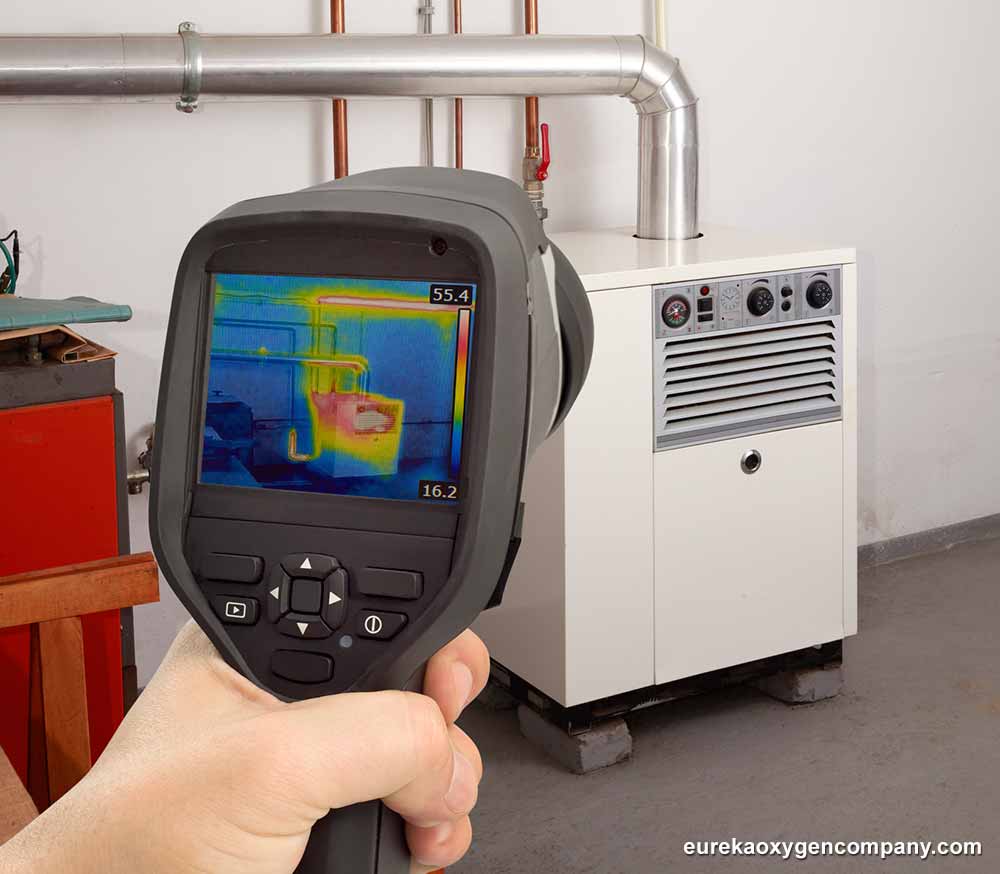
On the downside, these types of LPG heaters are more expensive to buy and install than portable gas or electric heaters. There are also unflued LPG heaters that are essentially portable or standalone varieties. Some of their advantages over the flued sorts include their unparalleled portability, which means they may be moved from one room to the other without any inconvenience. Unflued heaters are also noted for being more energy-efficient than the flued kinds. They are much cheaper to use in the long-term than flued and electric heaters. The gases used in unflued heaters are vented indoors and are therefore unsuitable for use in rooms lacking proper ventilation. Lastly, there are ducted heaters that are suited for use in large homes, but much more costly than portable heaters.
Are propane and isobutane gas heaters safe to use indoors?
All LPG heaters designed for indoor utilization are completely safe to use indoors. This is particularly so when they are maintained regularly and used properly. To always ensure that your indoor LPG gas heater remains safe, it is wise to have it serviced by a competent gas-fitter no less than once after every two years. Additionally, sufficient ventilation is necessary particularly if you are using an unflued LPG gas heater.
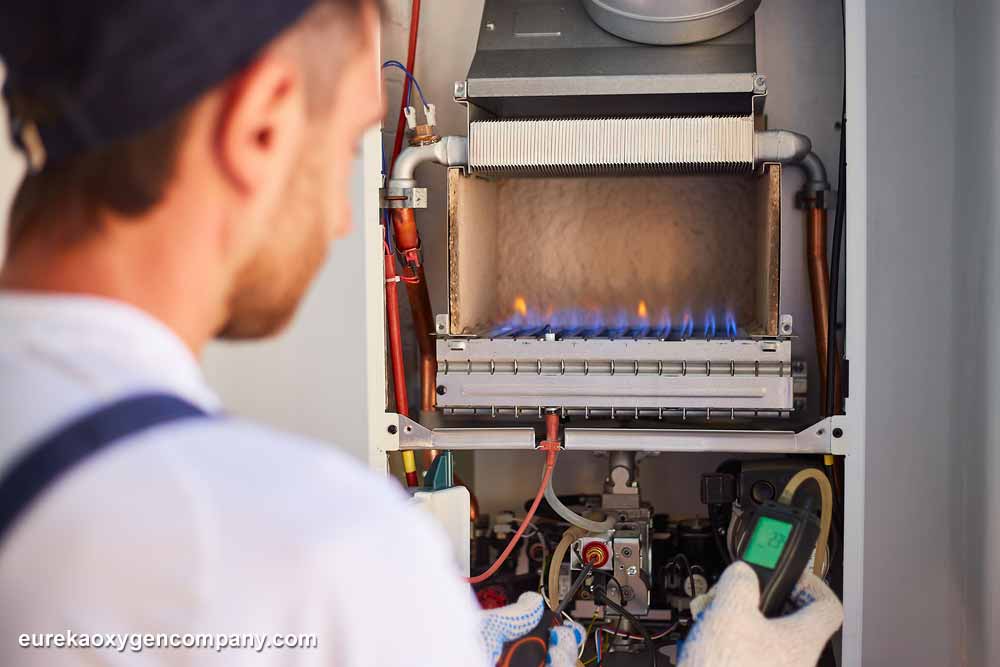
Eureka Oxygen is a leading provider of a variety of industrial gasses including propane and isobutane. We are also a vendor of welding equipment, welding supplies, along with other diverse industrial equipment. Stop in and speak with us today!
